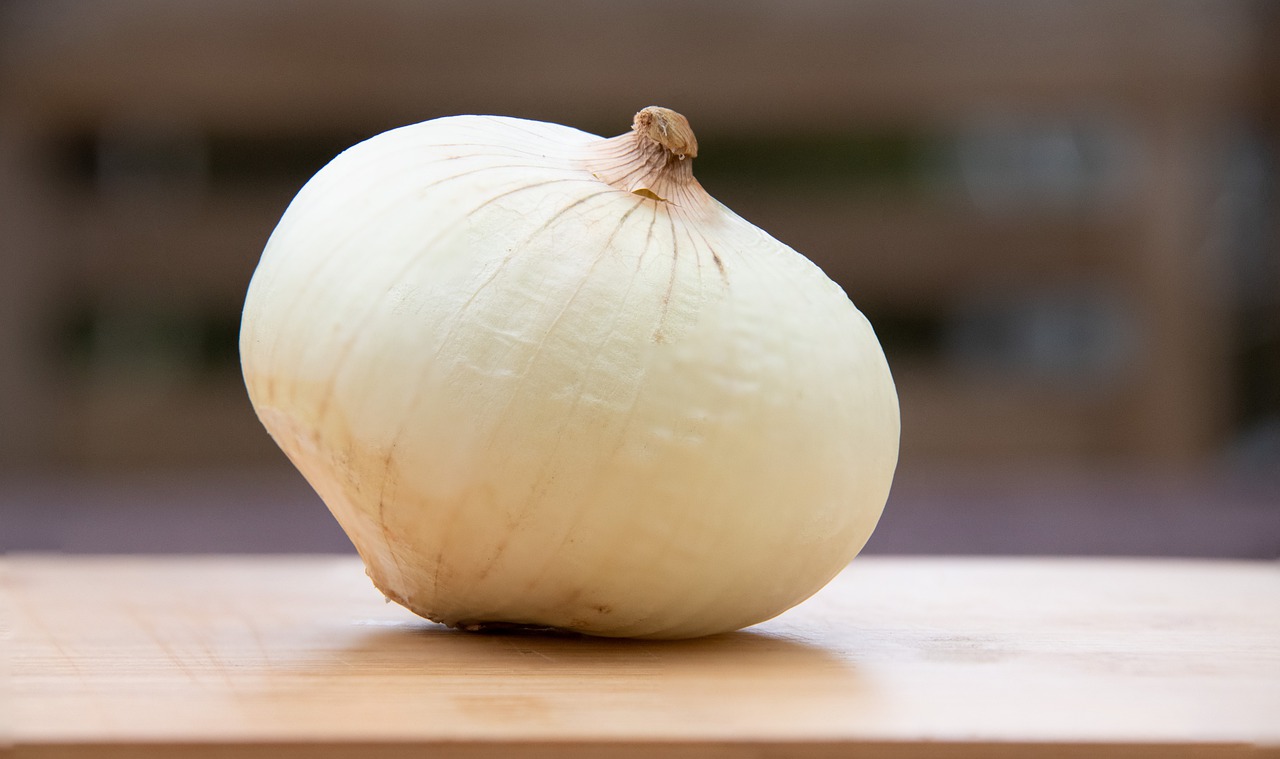Do you know what phyto-nutrients are and how they can benefit your health?
Phyto-nutrients are naturally occurring compounds found in plants that have been shown to have numerous health benefits. These plant chemicals are what give fruits, vegetables, grains, nuts, and beans their vibrant colors, flavors, and natural disease-preventing capabilities. By incorporating phyto-nutrient-rich foods into your diet, you can unlock a world of potential health benefits.
Did you know there are thousands of different phyto-nutrients?
There are over 25,000 different phyto-nutrients that have been identified so far, and researchers are discovering more every day. Each type of phyto-nutrient has its own unique set of health-promoting properties, which is why it’s essential to consume a wide variety of colorful fruits and vegetables to ensure you’re getting a broad spectrum of phyto-nutrients in your diet.
How can phyto-nutrients benefit your health?
Phyto-nutrients have been linked to a wide range of health benefits, including reducing inflammation, boosting the immune system, protecting against chronic diseases like cancer and heart disease, improving brain function, and promoting healthy aging. By including phyto-nutrient-rich foods in your daily diet, you can help your body fight off illness, stay energized, and maintain optimal health.
What are some common types of phyto-nutrients and where can you find them?
There are several main types of phyto-nutrients, each with its own unique health-promoting properties. Here are some examples of common phyto-nutrients and the foods they’re found in:
| Type of Phyto-nutrient | Found in Foods Such as |
|---|---|
| Flavonoids | Berries, citrus fruits, tea, onions, and apples |
| Carotenoids | Carrots, sweet potatoes, spinach, and tomatoes |
| Glucosinolates | Broccoli, Brussels sprouts, kale, and cabbage |
| Polyphenols | Green tea, red wine, dark chocolate, and almonds |
| Phytoestrogens | Soybeans, flaxseeds, and chickpeas |
Flavonoids: The antioxidants you need for overall health
Flavonoids are a diverse group of plant compounds known for their antioxidant and anti-inflammatory properties. Antioxidants help fight free radicals in the body, which can damage cells and lead to chronic diseases. Flavonoids are found in a wide variety of fruits, vegetables, and beverages like tea, making it easy to incorporate them into your daily diet.
Carotenoids: The colorful compounds that promote eye health
Carotenoids are pigments that give fruits and vegetables their vibrant red, orange, and yellow colors. These compounds are known for their role in promoting eye health and reducing the risk of age-related macular degeneration. Foods rich in carotenoids like carrots, sweet potatoes, and tomatoes can help protect your vision and keep your eyes healthy.
Glucosinolates: The cancer-fighting compounds in cruciferous vegetables
Glucosinolates are sulfur-containing compounds found in cruciferous vegetables like broccoli, Brussels sprouts, kale, and cabbage. These compounds have been shown to have anti-cancer properties and can help reduce the risk of developing certain types of cancer. By including plenty of cruciferous vegetables in your diet, you can benefit from the powerful health-promoting effects of glucosinolates.
Polyphenols: The heart-healthy compounds in tea, wine, and chocolate
Polyphenols are plant compounds found in foods like green tea, red wine, dark chocolate, and almonds. These compounds have been linked to a reduced risk of heart disease and improved cardiovascular health. Polyphenols help protect the lining of blood vessels, reduce inflammation, and lower cholesterol levels, making them an essential part of a heart-healthy diet.
Phytoestrogens: The plant-based compounds with hormone-balancing effects
Phytoestrogens are plant compounds that mimic estrogen in the body and have been shown to have hormone-balancing effects. Foods rich in phytoestrogens like soybeans, flaxseeds, and chickpeas can help reduce menopausal symptoms, protect bone health, and lower the risk of hormone-related cancers. Including these foods in your diet can help support overall hormonal balance and women’s health.

How can you incorporate more phyto-nutrients into your diet?
Adding more phyto-nutrient-rich foods to your diet doesn’t have to be complicated. By making simple swaps and additions to your meals and snacks, you can easily increase your intake of these health-promoting compounds. Here are some easy ways to incorporate more phyto-nutrients into your daily diet:
Start your day with a colorful smoothie
Blend up a variety of colorful fruits and vegetables like berries, spinach, carrots, and beets to create a vibrant and nutrient-rich smoothie. Adding a handful of nuts or seeds for extra healthy fats and protein can help balance out your smoothie and keep you full until your next meal.
Snack on raw nuts and seeds
Raw nuts and seeds are excellent sources of phyto-nutrients like polyphenols and healthy fats. Keep a stash of almonds, walnuts, chia seeds, and pumpkin seeds on hand for a quick and easy snack that will keep you energized and satisfied throughout the day.
Load up on leafy greens
Leafy greens like kale, spinach, and Swiss chard are packed with phyto-nutrients like carotenoids, flavonoids, and glucosinolates. Add a handful of leafy greens to your salads, sandwiches, soups, and smoothies to boost the nutritional content of your meals and support overall health.
Snack on colorful fruits and vegetables
Keep a variety of fresh fruits and vegetables on hand for easy snacking throughout the day. Carrot sticks, bell pepper slices, cherry tomatoes, and apple slices are all convenient options that are rich in phyto-nutrients and fiber. Pair them with a healthy dip like hummus or almond butter for a satisfying snack.
Try new recipes featuring phyto-nutrient-rich foods
Experiment with new recipes that highlight phyto-nutrient-rich foods like berries, nuts, seeds, and leafy greens. Look for dishes that include a variety of colorful fruits and vegetables to ensure you’re getting a wide range of phyto-nutrients in your diet. Websites, cookbooks, and food blogs are great resources for finding inspiration and trying out new flavors.

Are there any potential risks or considerations to keep in mind when consuming phyto-nutrients?
While phyto-nutrients offer a wide range of health benefits, it’s essential to be aware of any potential risks or considerations when incorporating them into your diet. Here are some important points to keep in mind:
Allergies and sensitivities
Some people may have allergies or sensitivities to certain phyto-nutrients or plant foods. Be aware of any reactions you may have after consuming foods rich in phyto-nutrients and consult with a healthcare provider if you have concerns about allergies or sensitivities.
Interactions with medications
Some phyto-nutrients may interact with certain medications, so it’s essential to talk to your healthcare provider before making significant changes to your diet. If you’re taking any medications, particularly blood thinners or hormone replacements, consult with your doctor to ensure that adding phyto-nutrient-rich foods to your diet won’t interfere with your treatment plan.
Oxalates and kidney stones
Some phyto-nutrients, like oxalates found in leafy greens, nuts, and seeds, can contribute to the formation of kidney stones in susceptible individuals. If you have a history of kidney stones or are at risk for developing them, it’s essential to monitor your intake of oxalate-rich foods and consult with a healthcare provider if you have concerns.
Moderation is key
While phyto-nutrients offer numerous health benefits, it’s important to remember that moderation is key. Consuming excessive amounts of certain phyto-nutrients or supplements may have adverse effects on your health. Aim for a balanced diet that includes a variety of colorful fruits, vegetables, grains, nuts, and seeds to ensure you’re getting a broad spectrum of phyto-nutrients without overdoing it.







